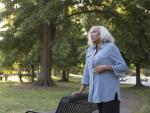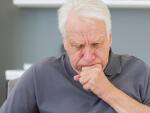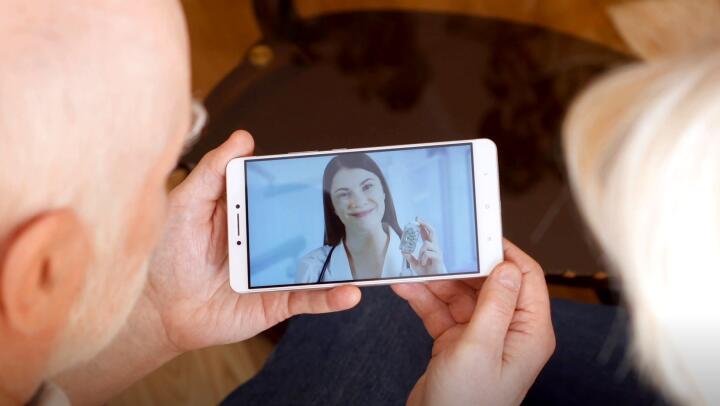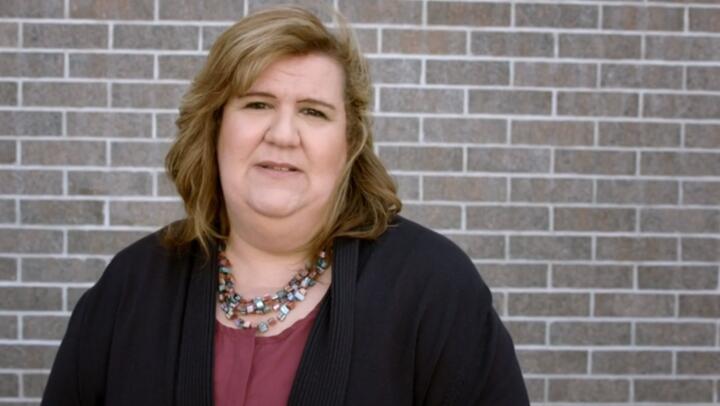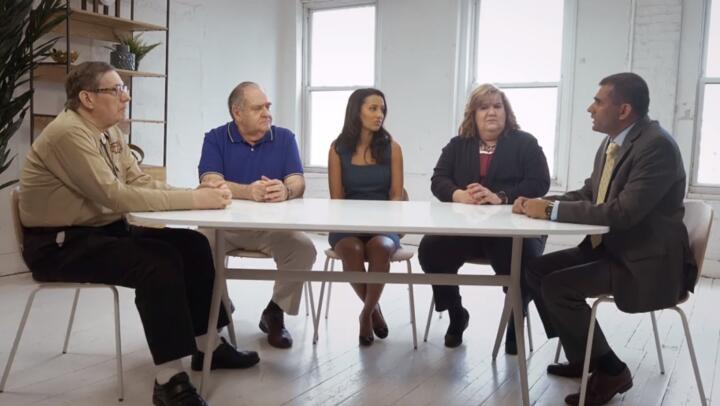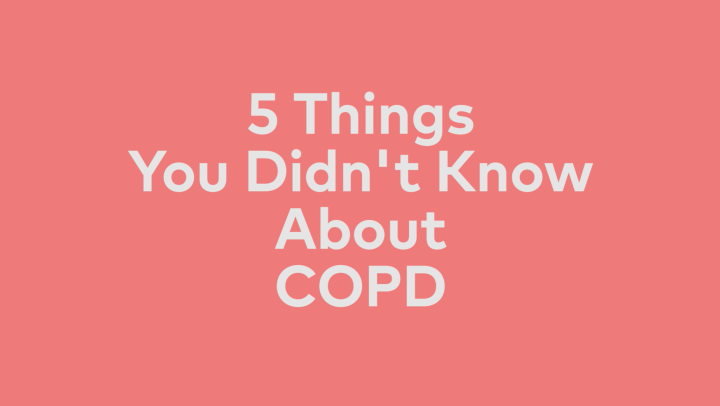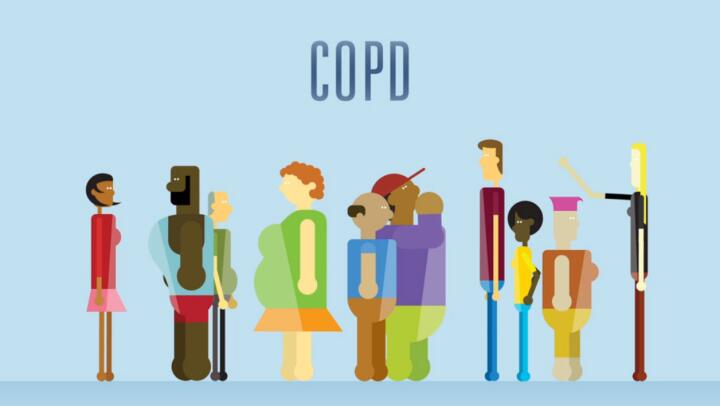There are more than 500,000 COPD hospitalizations in the US each year. If you require a hospital stay for a COPD flare-up, here's what to expect with recovery.

Most people with COPD (chronic obstructive pulmonary disease) know there’s a chance they could end up in the hospital, especially if symptoms get worse—a COPD exacerbation. You may also find yourself in the hospital if you have COPD and come down with pneumonia.
It can take some time to treat your disease and get it back under control. The average length of a COPD hospitalization is four days. And about 20% of COPD patients end up back in the hospital within 30 days. Knowing what to expect and what to do when you get home can help you stay healthy and stay home.
COPD Medications
When you leave the hospital, you will likely have several medications to take at home including:
- Maintenance inhalers to prevent symptoms and control your disease. You may go home with the same long-term control medicine you used before being in the hospital or you may get a new one.
- Quick-relief inhalers to help when you have symptoms. This medicine may also be the same as before or it may be different.
- Antibiotics to treat infection. It’s important to take the full course of antibiotics even if you feel better once you are home. Failing to finish the whole prescription can lead to problems that put you back in the hospital.
- Corticosteroids to decrease inflammation. You will likely be on a steroid taper, taking less of the drug each day until you can stop it altogether. It’s important to understand how to taper down the dose to avoid problems with stopping the steroid too fast.
Before you leave the hospital, the staff should review proper inhaler use with you. Inhaler technique is important. Using an inhaler incorrectly can prevent the medicine from getting into your lungs and working the way it should. If you are struggling to use your inhalers, ask about a spacer or nebulizer treatments.
Oxygen Therapy for COPD
You may or may not have been on oxygen therapy before your hospital stay. If you go home on oxygen, it may be temporary or you may need it long term. You will stop short-term oxygen therapy once you have fully recovered. Long-term oxygen therapy will continue every day. It may seem like a burden at first, but oxygen therapy will help you feel better and do more. It will also keep you healthier. Research has shown that oxygen therapy for more than 15 hours a day helps people with COPD live longer. This includes people with chronic bronchitis and emphysema.
Pulmonary Rehabilitation
Respiratory therapy was part of your treatment in the hospital. You may need to continue it once you are home. You will do this by going to pulmonary rehabilitation—or pulmonary rehab. This program combines physical exercise, breathing exercises, education, and emotional support to help you manage COPD. Your care team will create a plan just for you to help you meet your recovery goals and feel your best.
COPD-Friendly Activity
Recovering from a COPD hospitalization will require balancing activity and rest. Activity is necessary to build strength and stamina. But it’s equally important to conserve energy and give your body time to recharge. Your physical therapist and pulmonary rehab team can help you get the right blend.
In general, walking is a main activity during recovery. At first, you may not be able to go very far without getting breathless. As you get stronger, you will find yourself going farther. Other activities include riding a stationary bike, using light hand weights or exercise bands, and chair exercises. Your team will let you know when you can add these other activities.
You also need to remember not to do too much in one day. Recovery will be gradual and you don’t want to set yourself back by overdoing it. You can make some simple changes that will make your life easier. Make sure the things you need at home are in easy reach. Sit down for daily activities, such as bathing, dressing or cooking. Use a wheeled cart to move things around with you. Your team can give you other tips based on your needs.
Health Precautions
You need to protect your lungs while you recover. Preventing infections is an important way to do this. Stay away from crowds and people who are sick or appear sick. If someone in your home is sick, ask them to wear a mask. Make sure you wash your hands often, especially if someone around you is sick. Also, avoid touching your eyes and nose. And make sure you get any vaccinations your doctor recommends, especially vaccination against bacterial (pneumococcal) pneumonia. If you feel like you are coming down with something despite your best efforts, contact your doctor right away.
The other way to protect your lungs is to stop smoking if you haven’t already. Stopping smoking has the greatest ability to change the course of COPD. There are comprehensive programs involving nicotine replacement and counseling that help you quit. If you have already quit, make sure you avoid secondhand smoke. Ask anyone who smokes to do so outside your home and stay away from smokers when you are out of the house.
Follow-Up Care
You will need to visit your primary care doctor within two weeks of leaving the hospital. You should also see a pulmonologist—a doctor who specializes in lung diseases including COPD. Your doctor will check your progress and whether you still need oxygen and other treatments. This early follow-up after a COPD hospitalization can help prevent readmission to the hospital.
Pay attention to how you feel. Contact your doctor right away for any of the following:
- You are having trouble breathing, your breathing is fast, or you can’t take a deep breath.
- You are using your neck or chest muscles to breathe.
- You need to lean forward in order to breathe while you are sitting.
- You are coughing up dark or discolored mucus.
If your doctor is not available, seek immediate medical care at a hospital emergency room or call 911.


